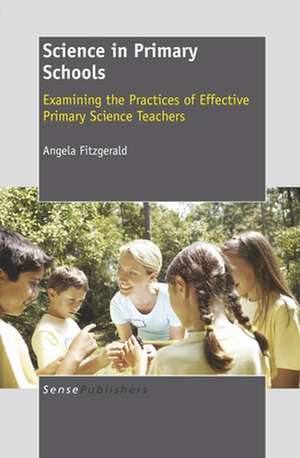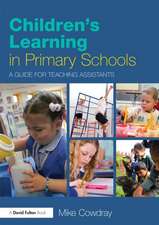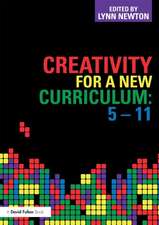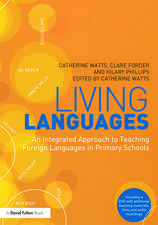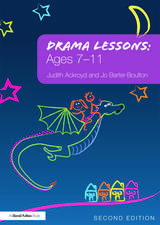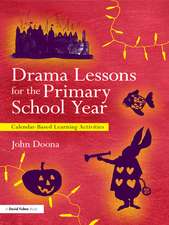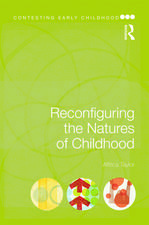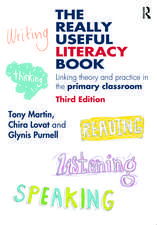Science in Primary Schools: Examining the Practices of Effective Primary Science Teachers
Autor Angela Fitzgeralden Limba Engleză Paperback – 31 dec 2011
This book explores how two primary school teachers, identified as effective practitioners, approached science teaching and learning over a unit of work. In recording the teaching and learning experiences in their classrooms, the author highlights how the two teachers adopted different approaches, drawing on their particular beliefs and knowledge, to support student learning in science in ways that were appropriate to their contexts as well as reflected their different experiences, strengths and backgrounds.
Through sharing their stories, this book illustrates, that due to the complex nature of teaching and learning, there is no one way of defining effectiveness. In documenting this research, it is hoped that other teachers and teacher educators will be inspired to think about primary school science education in innovative ways.
| Toate formatele și edițiile | Preț | Express |
|---|---|---|
| Paperback (1) | 308.58 lei 38-44 zile | |
| Brill – 31 dec 2011 | 308.58 lei 38-44 zile | |
| Hardback (1) | 558.47 lei 38-44 zile | |
| Brill – 31 dec 2011 | 558.47 lei 38-44 zile |
Preț: 308.58 lei
Nou
Puncte Express: 463
Preț estimativ în valută:
59.05€ • 61.81$ • 48.86£
59.05€ • 61.81$ • 48.86£
Carte tipărită la comandă
Livrare economică 01-07 aprilie
Preluare comenzi: 021 569.72.76
Specificații
ISBN-13: 9789460918568
ISBN-10: 9460918565
Pagini: 126
Dimensiuni: 156 x 234 x 7 mm
Greutate: 0.19 kg
Editura: Brill
Colecția Brill
ISBN-10: 9460918565
Pagini: 126
Dimensiuni: 156 x 234 x 7 mm
Greutate: 0.19 kg
Editura: Brill
Colecția Brill
Recenzii
“The book succeeds in showing how two experienced teachers went about a series of lessons that were effective, in different ways, in engaging students in learning science. It is rare to have the opportunities that this book provides for the reader to ‘listen into’ the interactions and hear about the students’ and teachers’ thoughts and feelings about what happens in the classroom. Whether or not the pedagogy can be appropriately described as ‘inquiry’ or ‘effective practice’, takes nothing away from this experience. So, while not aiming to advance our conceptual understanding of learning, for primary science educators this is a likely to be a fascinating book to read. I certainly enjoyed reading it and regard it as a useful addition to knowledge of classroom experiences in the hands of expert teachers.”—in: Studies in Science Education, 2014
